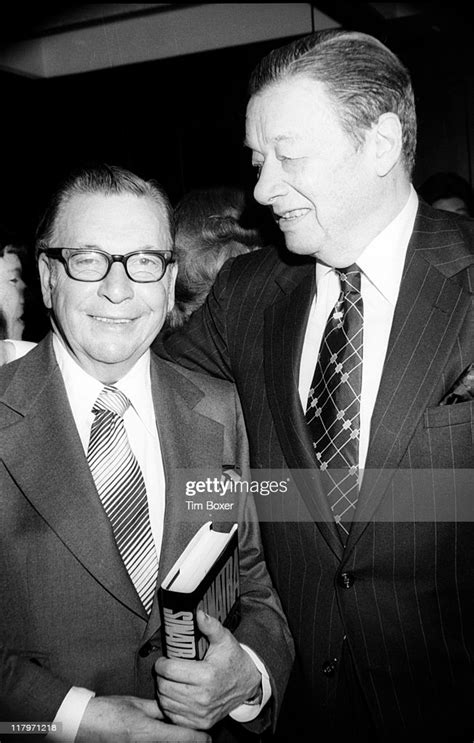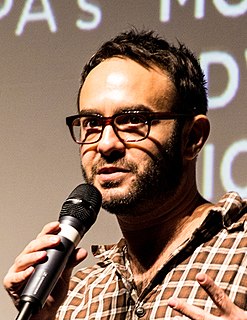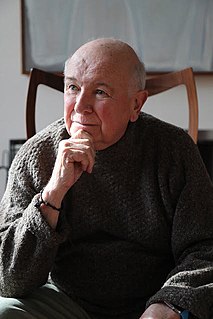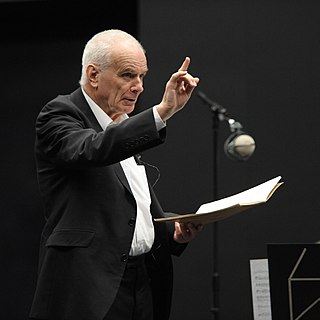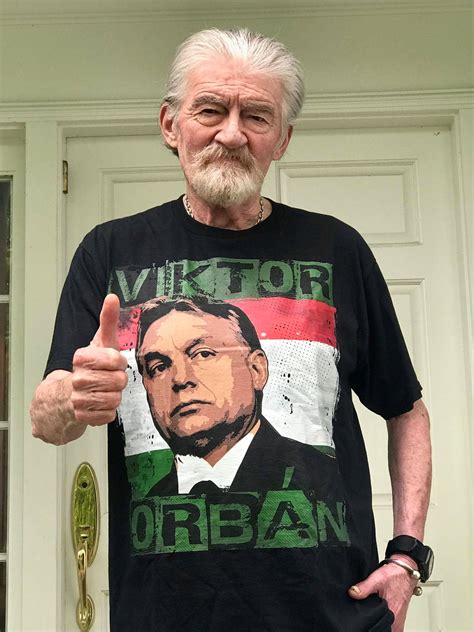A Quote by David Hewson
There is an argument for believing that the entire process of writing a piece of fiction is simply a thinly-controlled and highly-internalised nervous breakdown designed, with a bit of luck, to produce something worthwhile at the end.
Related Quotes
I think that it's worthwhile to explore the ways in which you write the person that's writing your plays as opposed to simply assuming that it's all a natural process and there's no design in it. Because your public persona is designed, to a certain extent, and you can have fun and profit at various times doing that.
The process of writing fiction is totally unconscious. It comes from what you are learning, as you live, from within. For me, all writing is a process of discovery. We are looking for the meaning of life. No matter where you are, there are conflicts and dramas everywhere. It is the process of what it means to be a human being; how you react and are reacted upon, these inward and outer pressures. If you are writing with a direct cause in mind, you are writing propaganda. It's fatal for a fiction writer.
Writing books isn't a drastic departure from writing for the stage. I've always written in the long format, five, eight, 10-minute pieces rather than one-liners, so since writing books, the process hasn't changed much. A piece in my live routine can end up as part of one of my HBO specials, and it can also end up in one of the books.
Burroughs called his greatest novel 'Naked Lunch,' by which he meant it's what you see on the end of a fork. Telling the truth. It's very difficult to do that in fiction because the whole process of writing fiction is a process of sidestepping the truth. I think he got very close to it, in his way, and I hope I've done the same in mine.
When Henry Ford decided to produce his famous V-8 motor, he chose to build an engine with the entire eight cylinders cast in one block, and instructed his engineers to produce a design for the engine. The design was placed on paper, but the engineers agreed, to a man, that it was simply impossible to cast an eight-cylinder engine-block in one piece. Ford replied,''Produce it anyway.



